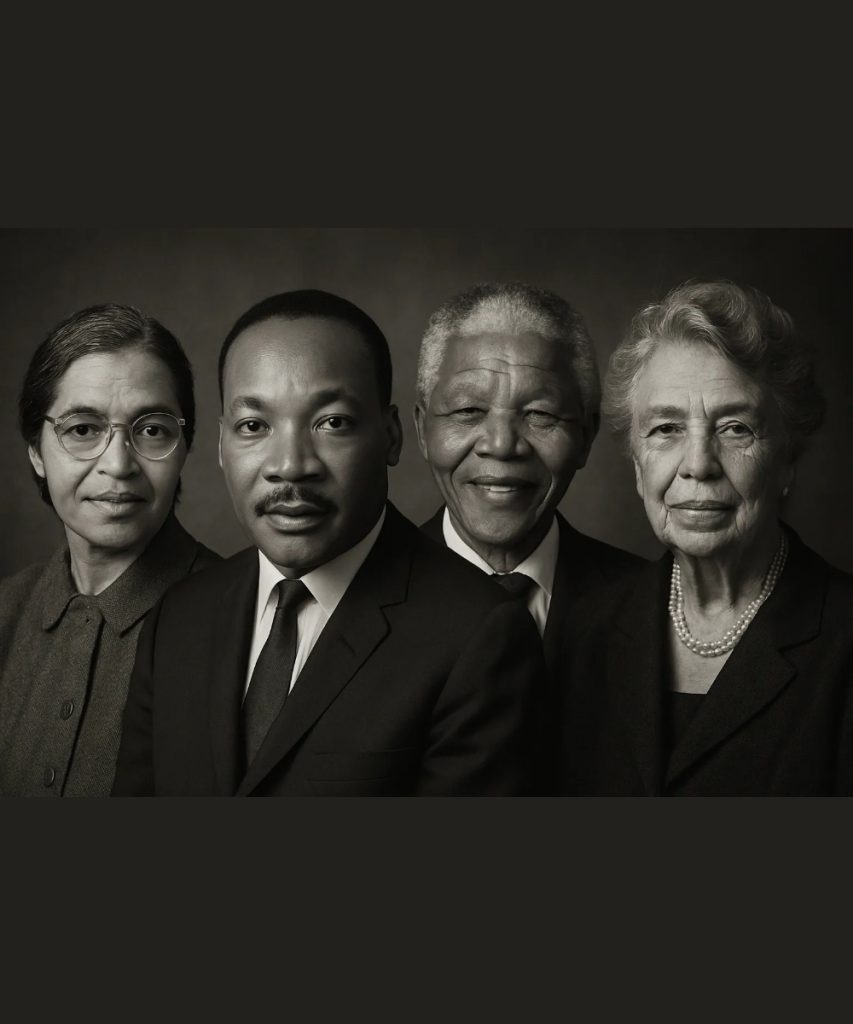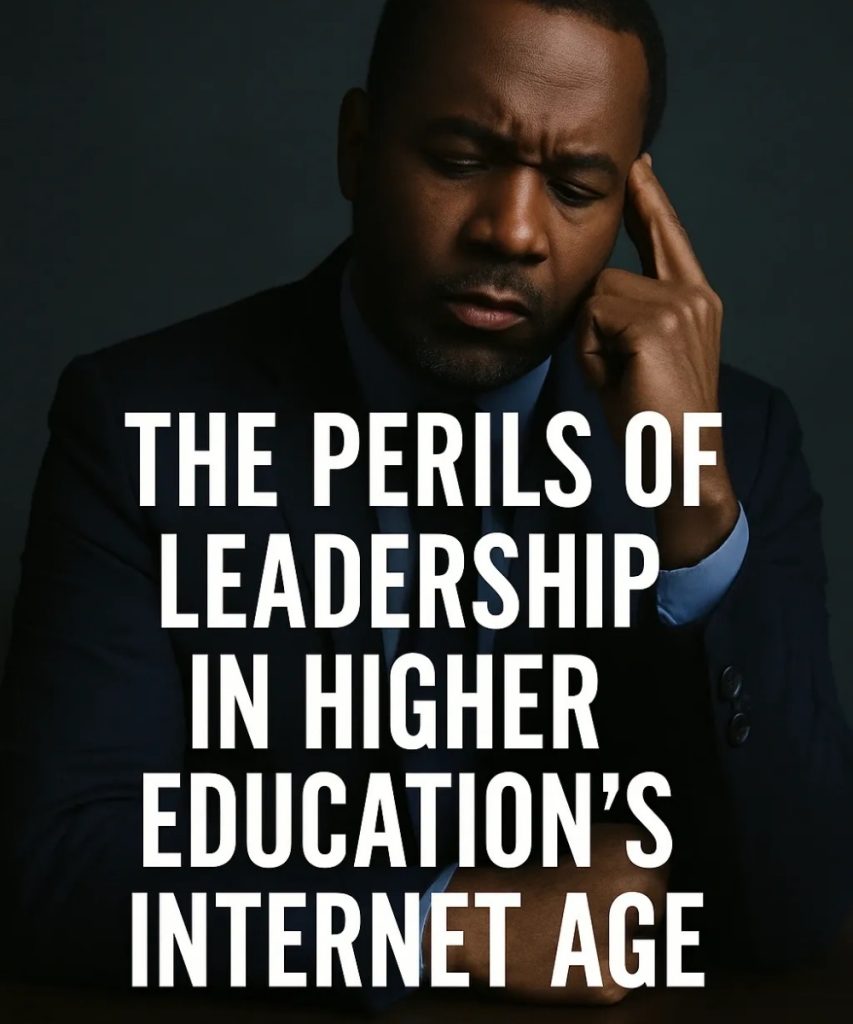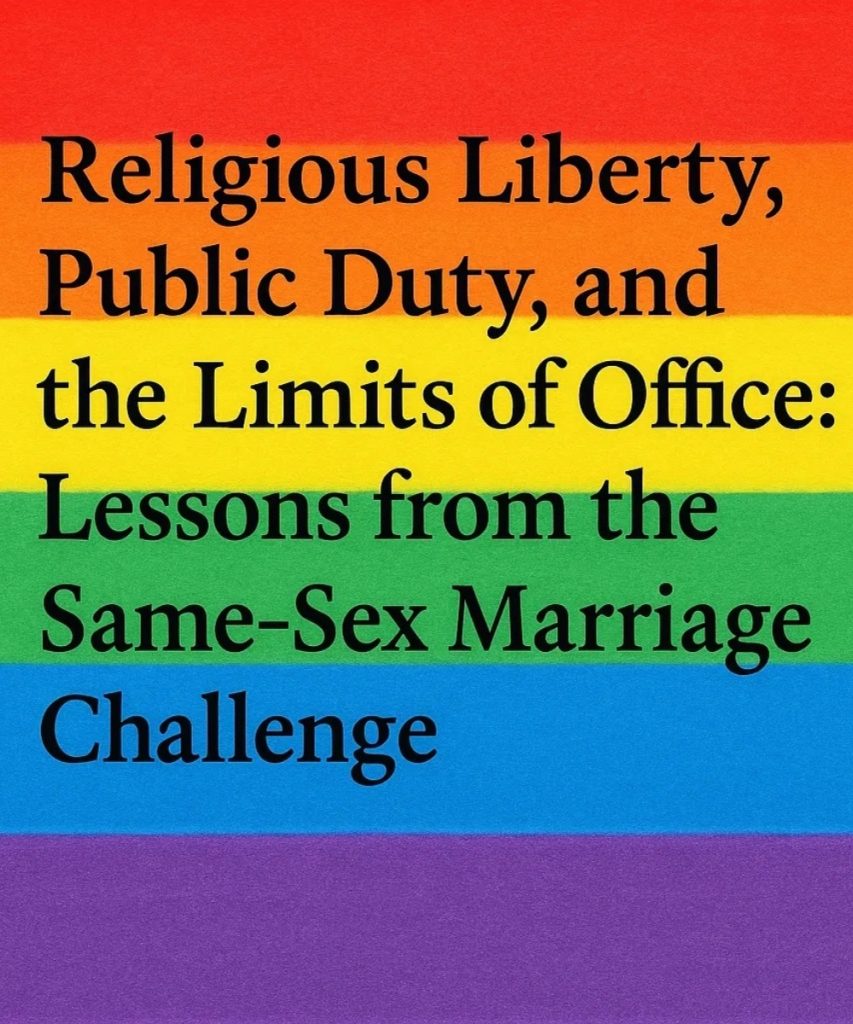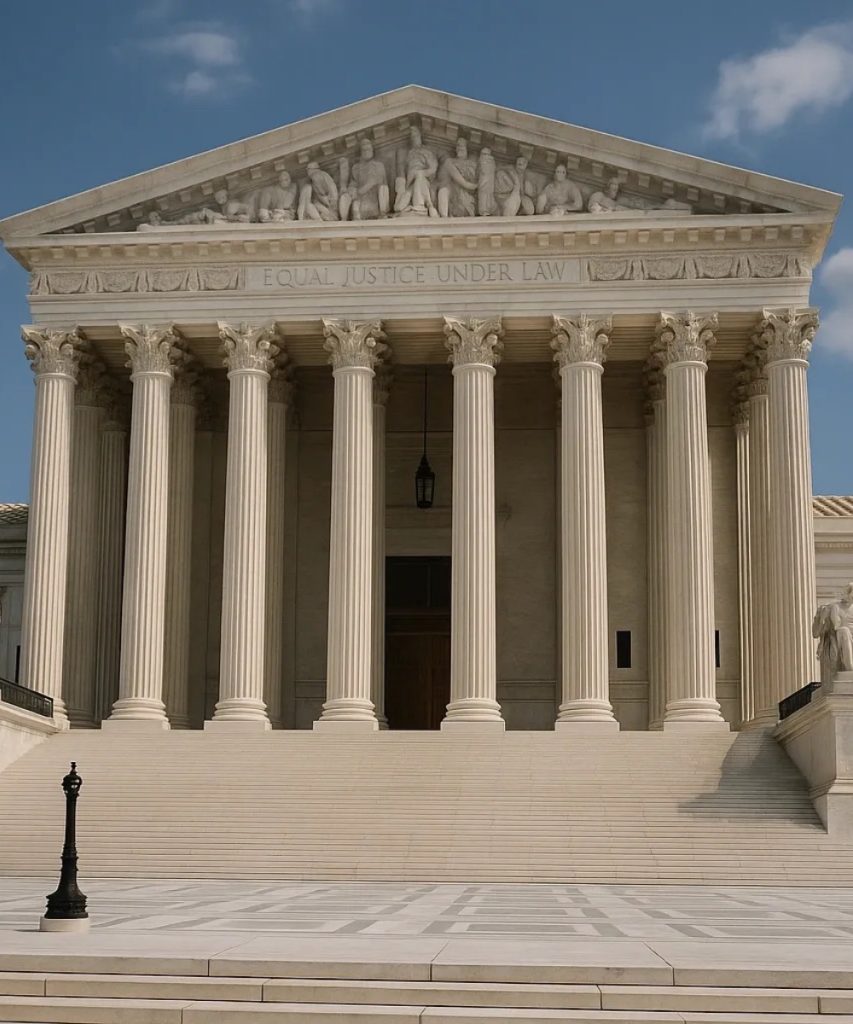Yesterday, I began writing about the importance of higher education and nonprofit strategy during these challenging economic and political times. The truth is, the lessons we learn in those sectors are not confined to them. They apply across every industry. They are rooted in values, vision, and the capacity to lead through uncertainty. Today, I want to shift my focus to a topic I will spend much more time discussing in the coming weeks: leadership.
Not leadership by position. Not leadership by title. I am talking about the kind of leadership that emerges from courage, vulnerability, humility, and a deep commitment to the collective good.
Robert Kesten, Executive Director of the Stonewall National Museum and Archives, reminds us, “Beware of those who declare themselves to be leaders. That is a sure sign of fraud. There are more tyrants who claim to be leaders than claim to be tyrants.” These words ring especially true in times of crisis. When fear and uncertainty rise, people often look for someone to follow. But Robert continues, “Do not accept them out of desperation or fear. Be patient and be prepared to do what you must to be ready when true leaders appear. True leaders light up our lives, they give meaning to our hopes and dreams, they prove there is a shining city on the hill belonging to us all.”
This is the essence of leadership. It is not about control. It is about service. It is about showing up for others with consistency, care, and a clear sense of purpose.
Leadership is not just about making decisions. It is about inspiring those around us to keep going even in the face of disappointment or adversity. Lately, as we navigate challenging news and results that fall short of expectations, I have leaned into the power of positivity and perspective. I remind myself and others that our work matters. Every action we take leaves an imprint on someone’s life.
I have witnessed real leadership in the quiet, consistent actions of those who care for others. Individuals who support those experiencing homelessness, feed those who are hungry, and create spaces of safety and belonging for those in need — they embody leadership through service. Their work is not about hierarchy or attention. It is about impact.
I draw strength and faith from these everyday acts of compassion. I am especially inspired by those who do good quietly, following in the spirit of the Marist Brothers who believe in service without seeking recognition. There are so many who show up, give deeply, and ask for nothing in return. That, to me, is the essence of true leadership. It lives in action, not applause.
Robert also wrote, “I continue to hope that when we refer to elected officials, we remove the word leader. They are all the representatives of the people; they are not our leaders.” That statement challenges us to rethink what leadership means. It is not a title. It is not an office. It is not a line on a resume. It is a lived experience of integrity, courage, and compassion.
True leaders risk themselves for the good of others. They remain humble, focused, and present. They lead with empathy. They know that leadership is not about being the loudest or the most powerful. It is about being the most courageous, the most accountable, and the most grounded in truth.
Some aspects of leadership can be taught. Others must be felt and lived. You can study leadership but becoming one requires heart. And not everyone who holds a title is willing to do the hard work of leading.
Titles do not define your contribution. They do not define your legacy. Your actions do. History remembers those who made a difference, not just those who held a position.
To those doing the work, building community, showing up for others, and pushing forward even when the path is unclear, you are the leaders this moment needs. Keep going. Keep believing. Keep building.
The work we do matters.
And so do the people who do it.




